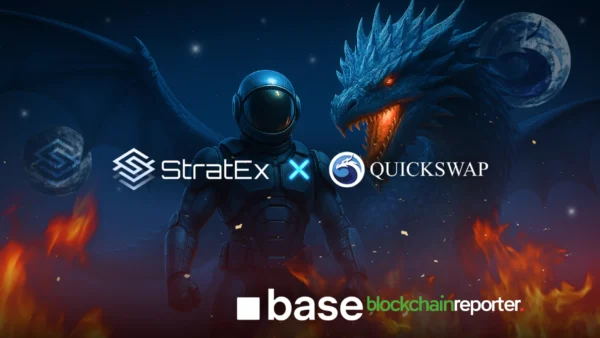
Neurolov, an advanced decentralized computing ecosystem, has started an exclusive collaboration with Qitmeer Network, a public blockchain entity. The main objective of this collaboration is to unfold new opportunities for artificial intelligence (AI) and Web3 innovation through a decentralized compute and payment ecosystem.
Neurolov is a well-known computation-based platform that runs AI jobs with WebGPU and requires no installation. Basically, it provides a new and trusted pathway for finding jobs that are related to AI for users. At the same time, Qitmeer Network uses the BlockDAG protocol and Proof of Work mechanism for the safety and scalability features. Neurolov has revealed this news through its official X account.
Neurolov and Qitmeer to Power Scalable Web3 and Next-Gen Payments
At the root of this partnership, both FinTech firms have already decided to use their expertise for the welfare of users, and on the other hand, this will boost their status in the crypto market. For this purpose, Qitmeer joins an AI computational system and Web3 infrastructure to level up its users’ experience with blockchain technology.
In this way, both partners will revolutionize the payment ecosystem by generating new opportunities for AI and Web3. So, Qitmeer Network uses a decentralized Graphic Processing Unit (GPU) with BLOCKDAG, which combines traditional blockchain and Directed Acyclic Graph, innovation to attain greater scalability and faster transaction speeds.
Fueling $NLOV Adoption with Qitmeer’s Scalable Web3 Infrastructure
Qitmeer Network also speeds up the $NLOV, a utility token for access, fees, governance, and adoption across payment and compute networks. So, this platform covers many aspects to keep its users updated and confident.
Moreover, both partners, Neurolov and Qitmeer Network, ensure the Web3 driving with AI transformation of many enterprises and the community worldwide. Hence, both platforms are built on Web3 infrastructure. Certainly, they have taken some crucial steps to ensure users’ security and privacy to avoid any security breaches.









